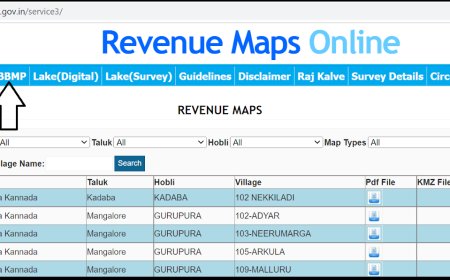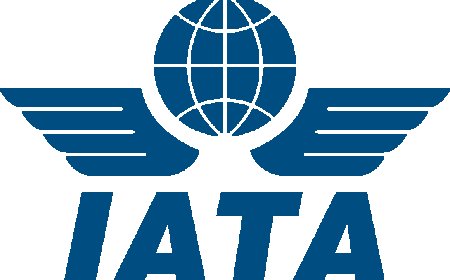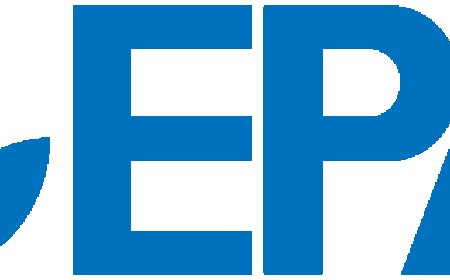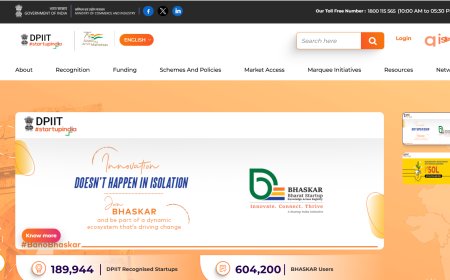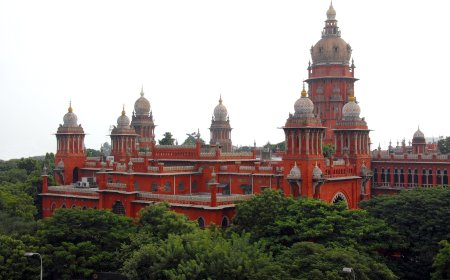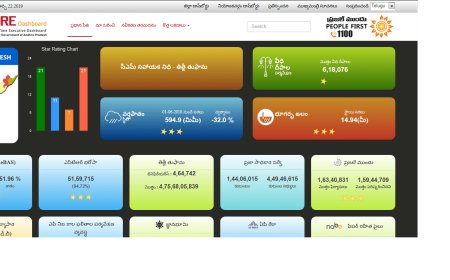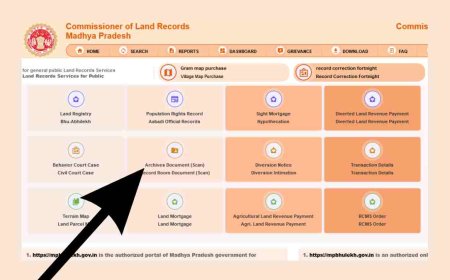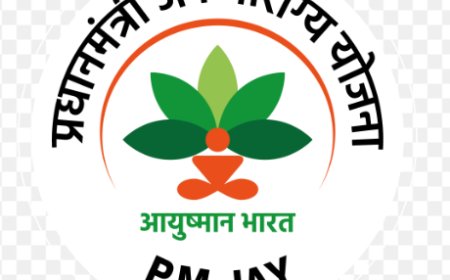Engineering courses that students should consider

Recently, a number of new Engineering courses have been introduced to provide opportunities to students. But there are many existing courses that offer good career prospects, admissions with lower cut off scores and greater placement opportunities with less competition.
Textile Chemistry
Opens doors to careers such as textile chemists, textile technologists, textile engineers, and in areas like product development, environmental testing, dyeing, and finishing. Specific career paths include:
Quality Control (QC): Ensuring the quality of raw materials, dyes, and finished products.
Research and Development (R and D): Developing new textile materials, processes, and technologies.
Dyeing and Finishing: Applying dyes and finishes to textiles to achieve desired colors, textures, and properties.
Technical Services: Providing technical support to customers, mills, and other stakeholders.
Environmental Testing: Assessing the environmental impact of textile manufacturing processes and developing sustainable solutions
Leather Technology
Offers diverse prospects in design, production, quality control, and research. Roles include leather technologists, technical designers, stylist designers, production managers, and even lecturers or consultants in areas like fashion, footwear, and automotive. Specific job roles include:
Stylist Designer: Focuses on the aesthetic and visual design of leather products, including footwear, garments, and accessories.
Production Manager: Manages the overall production process, ensuring efficiency and quality control.
Quality Control Manager: Ensures that leather products meet quality standards throughout the manufacturing process.
R&D Manager: Leads research initiatives in areas like new leather materials, innovative processing techniques, and sustainability
Leather Merchandiser: Manages the end-to-end merchandising operations for leather goods.
Remote Sensing
Opens opportunities in government departments, private companies, and research institutions. Graduates can specialise in areas such as environmental monitoring, urban planning, agriculture, and defence. Specific career paths include:
Geospatial Intelligence: Analyses imagery for military and defence purposes.
Environmental Technology: Monitors environmental changes, managing natural resources, and implementing conservation strategies.
Urban Planning: Uses remote sensing data for land-use mapping, infrastructure planning, and zoning decisions.
Agriculture: Utilises remote sensing to optimise crop yields, monitor soil health, and manage irrigation.
Earth Observation: Monitors environmental changes, tracking climate patterns, and assessing the impact of natural disasters
Petrochemical Engineering
Offers a range of prospects in refining, marketing, and distribution of petroleum products. Jobs are available in industries such as oil and gas, speciality chemicals, rubber, plastics, and more. Specific roles include Reservoir Engineer, Drilling Engineer, Production Engineer, and engineering positions in refineries. Specific career paths include:
Petroleum Geology: Analyses geological data to locate and assess oil and gas reserves
Process Engineering: Designs, optimises, and troubleshoots chemical processes within petrochemical facilities.
Reservoir Engineering: Analyses and manages underground reservoirs to extract oil and gas effectively.
Instrumentation and Control Engineering: Designs, maintains, and troubleshoots instrumentation and control systems within petrochemical plants.
Corrosion Engineering: Prevents and mitigates corrosion in petrochemical equipment and pipelines.
The writers are from SSM College of Engineering, Komarapalayam, Tamil Nadu
What's Your Reaction?
 Like
0
Like
0
 Dislike
0
Dislike
0
 Love
0
Love
0
 Funny
0
Funny
0
 Angry
0
Angry
0
 Sad
0
Sad
0
 Wow
0
Wow
0


































